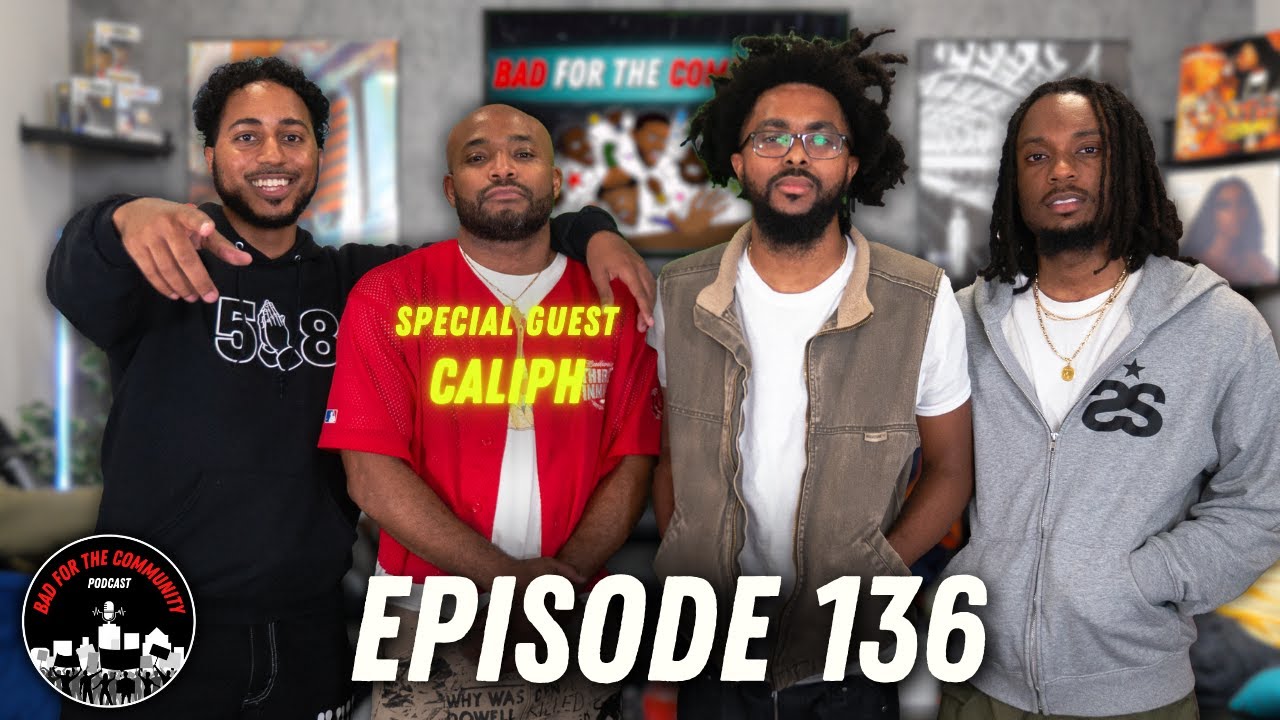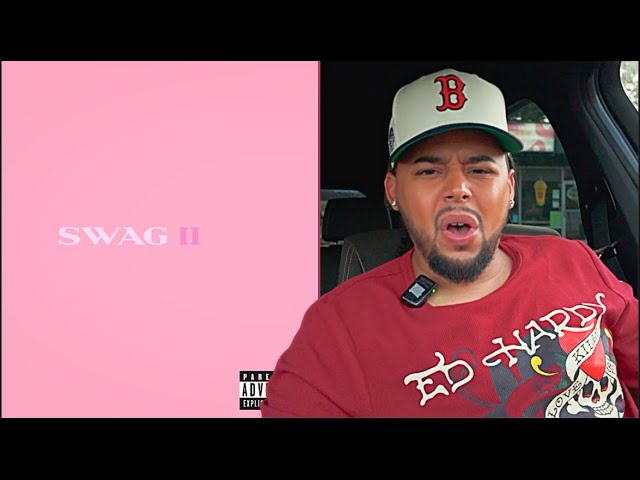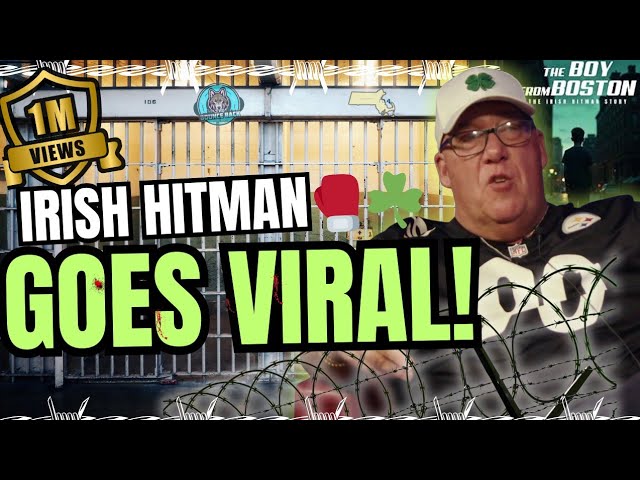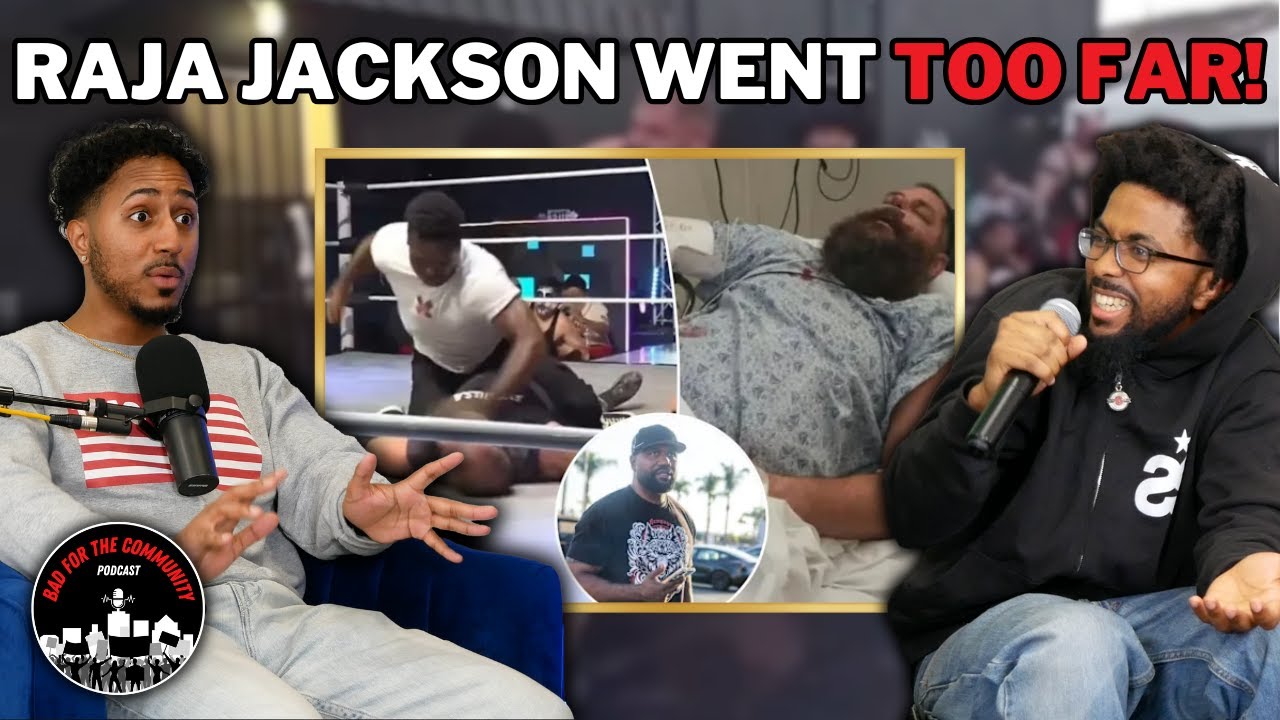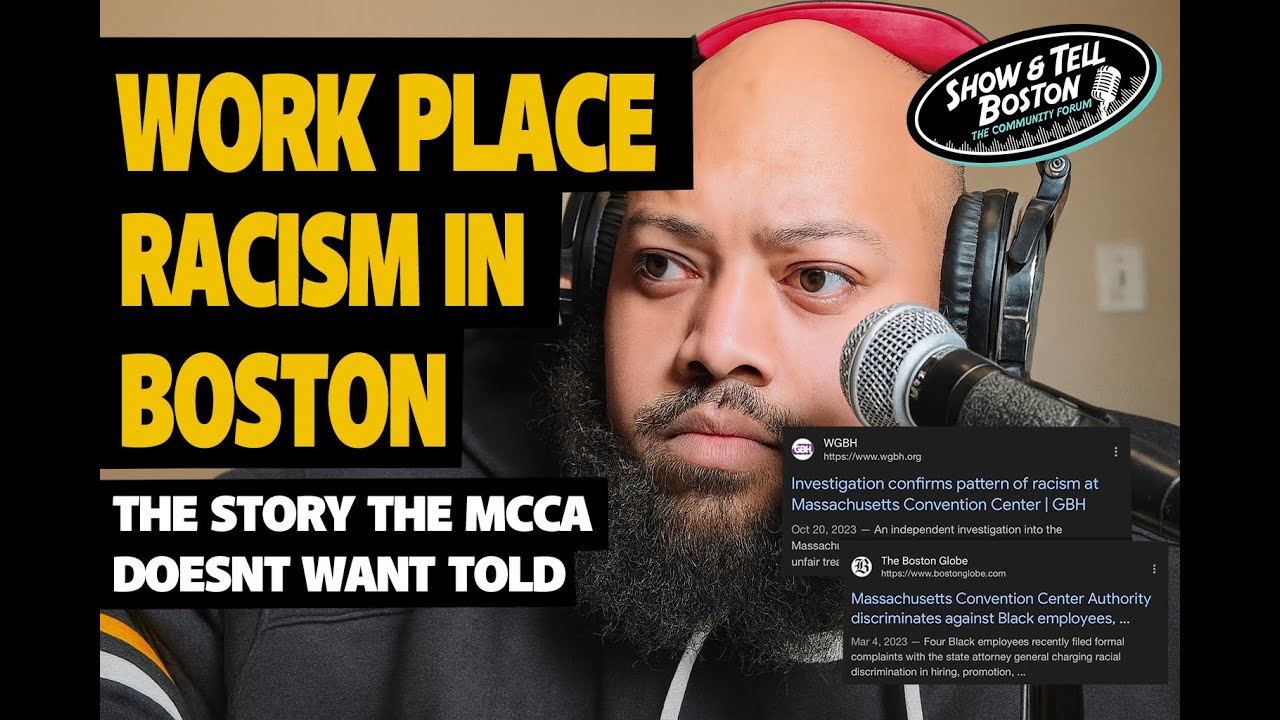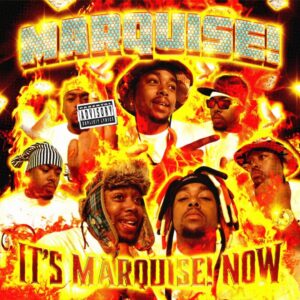Boston is looking to the future, and culture is taking center stage.
Joseph Zeal-Henry, the city’s Director of Cultural Planning, recently shared insights with Forbes about Boston’s growing role in the global creative economy and Mayor Michelle Wu’s mission to weave culture into the city’s policy framework.
Representing Boston at the World Cities Culture Forum Summit, Henry joined deputy mayors, culture commissioners, and policymakers from around the world to discuss how cultural investment can improve the quality of life for city residents. The Boston delegation returned with a renewed vision for how the arts can drive economic growth and social cohesion.
Henry highlighted how learning from other cities’ cultural strategies provides a crucial advantage.
“A document that Amsterdam just wrote about the nighttime economy and nighttime industries; that’s a massive priority for us,” Henry told Forbes.com. “They have done all this thinking, all this research, so it means we’re not starting from zero; we have the ability to access research that we wouldn’t have access to.”
Having previously worked on cultural initiatives for the London Mayor’s Office, Henry brought a global perspective to Boston’s creative agenda when he joined the city less than two years ago. His approach emphasizes connecting Boston’s artists and innovators with international audiences and opportunities.
“One of the things I heard when I first took up the job is that people here don’t want to be limited by the Boston market or the Boston economy,” Henry explained. “They want to be able to work and sell their wares and have access to a global creative market. (World Cities Culture Forum membership) will lead to more people taking an interest in Boston, talking about it and thinking about it. This is a place to seek talent. This is a place to invest.”
That ambition is backed by data. A recent city study revealed that 18% of Boston residents earn their primary income from creative industries, a number that even surprised officials. Henry underscored how essential that is to the city’s long-term prosperity.
“The only sector that’s growing at the moment economically in terms of workforce is the creative sector,” Henry said. “You see this in Tokyo, you see this in Europe, in South America. To me, this is imperative for Boston’s economy to think through, that the creative industries are an important part of our future.”
Boston’s creative ecosystem is evolving fast. From indie video game developers to digital design startups, the city’s artistic innovation aligns with its reputation as a hub for education and technology.
“We have all of these small DIY video game publishing companies emerging,” Henry explained. “Our creative industries speak to the wider Boston economy of innovation and tech. That we have a higher education sector makes sense as to why you have these more knowledge-based applied arts you could call it.”
Henry also pointed out how culture is often overlooked in national conversations about jobs and economic growth, even though it plays a defining role in many American cities.
“Arts works both socially and economically,” Henry said. “If you go to LA and say the arts isn’t important, good luck with that message. That city’s built off entertainment.”
From music in Nashville and Memphis to film production in Atlanta and fashion in New York, Henry noted how culture drives not just economies, but identities.
Equally important, he said, is how culture fosters connection.
“What better than the arts to bring people together. Go to gigs, depending on the genre you can see all sorts of people in society at events,” Henry said. “(Culture) builds social integration, which is a big priority for us. Boston, which has a history of segregation, a challenging racial equity history, the arts and culture is a great way of building that common ground and that glue between different communities.”
Under Mayor Wu’s leadership, Boston is rethinking how culture fits into the machinery of government, not as an afterthought, but as a core part of urban planning and policy design.
“Rethinking (culture) from being at the end of a process (and) integrating it in how you shape policy in the first place,” Henry explained. “We’re thinking about long term economic development strategies. What is the role of arts and culture in that? We’re looking at long-term planning reform. How does arts and culture support these priorities? There is this desire and ambition to integrate culture into the wider functional government, rather than on its own.”
That integration is now tangible in how city leadership operates.
“The chief of arts gets to sit at the cabinet table. I get to sit around the Planning Advisory Council,” Henry said. “We can see things as they’re being developed and talk about it early rather than waiting until the end. You’re involved in baking the cake, not only decorating the cake.”
Boston’s approach, as Henry describes it, positions culture as not just an amenity, but an essential infrastructure, as vital to civic life as housing, transportation, and public health.
In the years ahead, Boston’s creative sector isn’t just expected to grow, it’s being written into the city’s blueprint for a more equitable, sustainable, and vibrant future.

